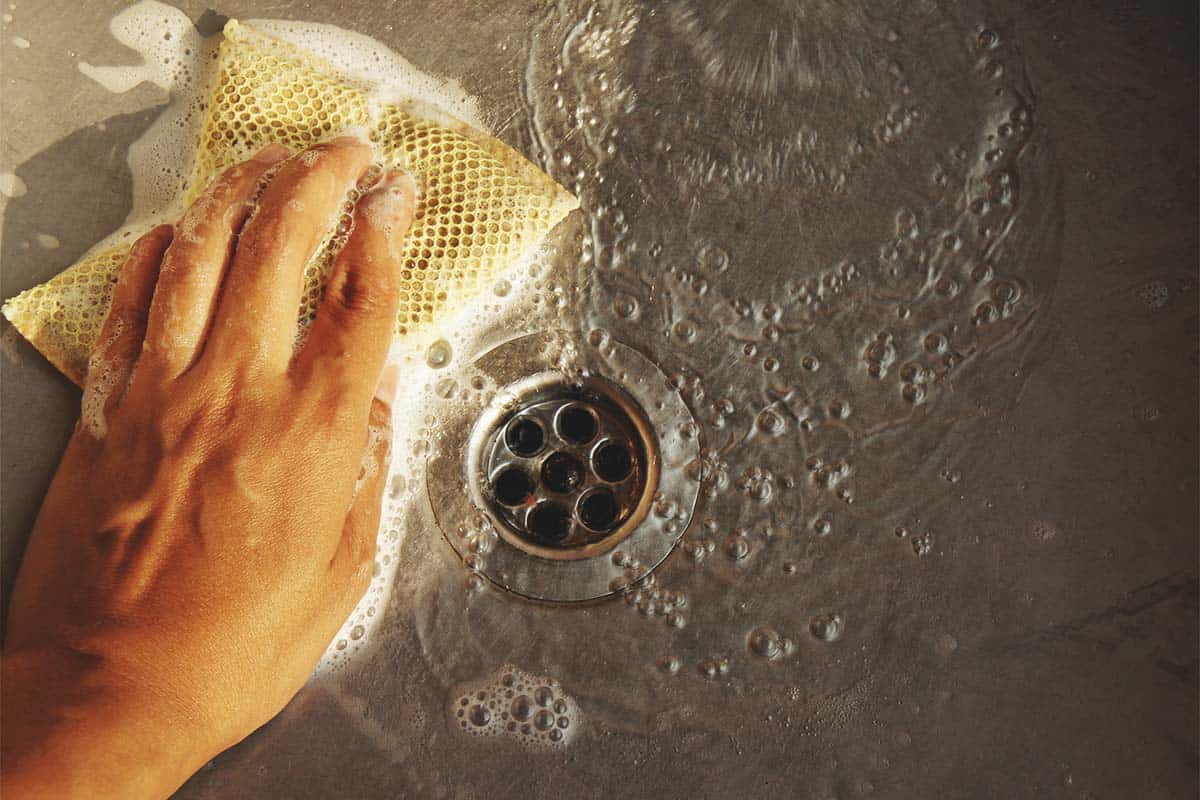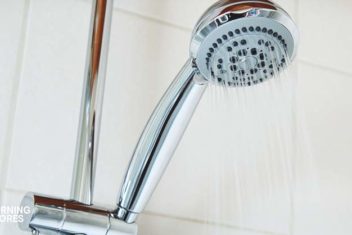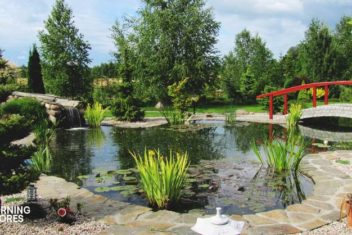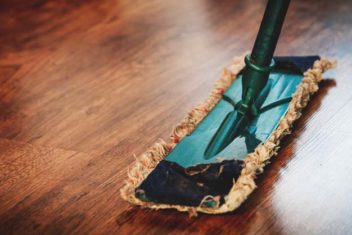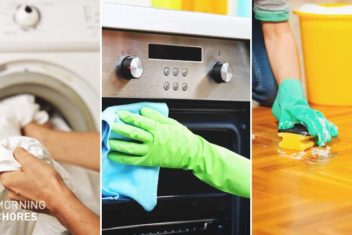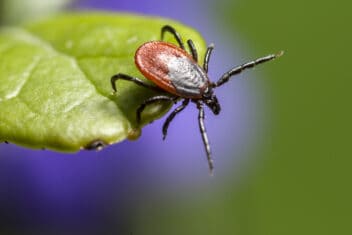Dish soap is great for…well, obviously, for washing dishes. But did you know there are many other ingenious uses for dish soap around your homestead, many of which extend beyond the kitchen sink, from the driveway to the orchard?
Here is a list of everything else you can do with dish soap, as well as some information about how to make your own dish soap at home – no supermarket run required.
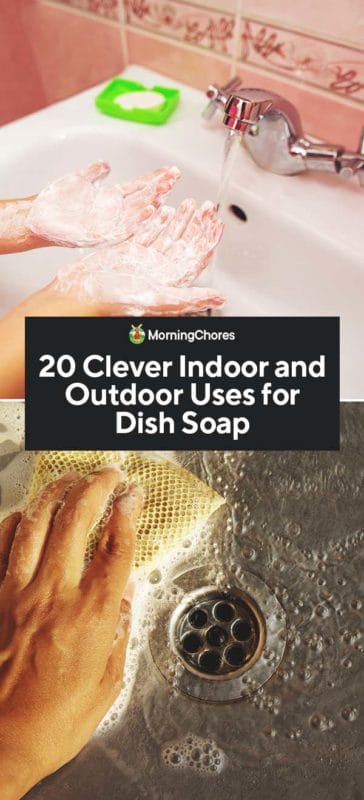
Why Use Dish Soap?
Dish soap is a fantastic alternative to most chemical-based cleaners. Although the dish soaps of the past contained phosphates, which were helpful when it came to cleaning but posed serious environmental hazards, today’s soaps are some of the safest of all cleaning products.
Dish soap is gentle and often more eco-friendly. You’re likely to have some on hand, making it an inexpensive and convenient alternative to traditional cleaners, garden treatments, and numerous other products.
If you choose to use dish soap for one of these alternative uses, just make sure it does not have any phosphates or triclosan. When these ingredients are excluded, dish soap is one of the most effective solutions you can have on hand on your homestead.
If you have trouble hunting down an eco-friendly dish soap, know that you can also make your own. This will give you total control over what you are using to clean your home – and it can save you some money, too.
20 Clever Uses for Dish Soap
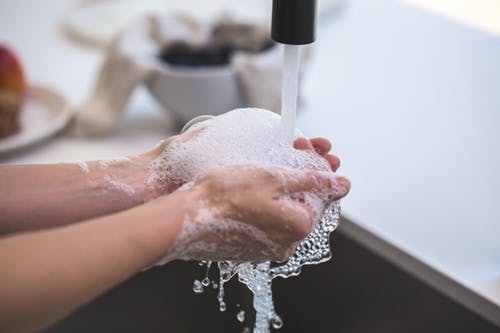
1. Rid your pets of fleas
Is your farm dog struggling with fleas? You can use dish soap to kill fleas on contact. It’s cheaper – and often safer – than dog shampoos or medications, plus you’re more likely to already have some on hand.
2. Wash any type of flooring
Dish soap can be used to clean just about any type of flooring, including marble. All you need to do is mix together some dish soap and water and you’ll have a residue-free solution to use when you mop.
3. De-grime all types of furniture
Dish soap is safe to use on just about any surface, including most furniture-making materials. Make an all-purpose cleaner by combining dish soap with water and – for particularly grimy outdoor furniture – a bit of vinegar.
You’ll save yourself some serious time when it comes to scrubbing!
4. Give your jewelry a polish
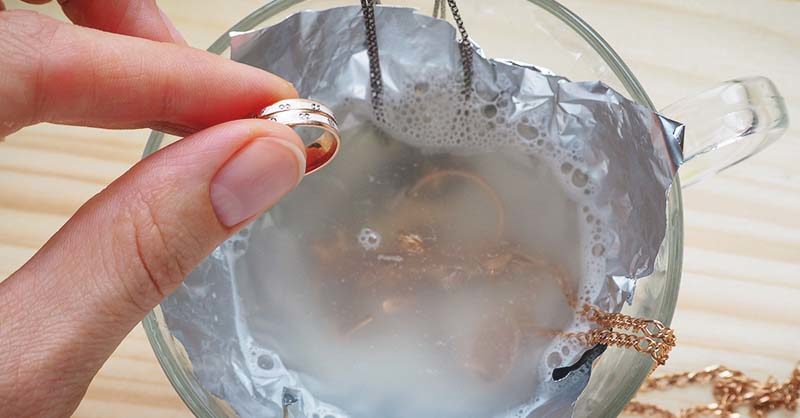
The next time your jewelry starts looking a little bit worn out, whip out the dish soap. All you need to do is put a drop or two of soap into some seltzer water before adding your jewelry.
Leave the jewelry in there for about five minutes, swishing it around occasionally. You can scrub them with a toothbrush if there are any stuck-on spots.
5. Lubricate squeaky hinges and doorknobs
The common lubricants you might use on sticky hinges, doorknobs, or even sliding glass doors are not only expensive, but they can be toxic.
Instead of wasting money on expensive lubricants, every time you lubricate things inside your home, consider using dish soap. It will clean the parts that are causing you issues, too.
6. Clean hairy combs and brushes
Hairbrushes can get nasty really easily. Whether you need to clean combs and brushes you use for yourself or for your animals, dish soap and water work wonders to get them clean again.
Just mix a teaspoon of soap with a cup of hot water and let the brushes soak in the mixture overnight. When you’re done, all you will need to do is rinse the brushes out.
7. Soak and wash handwash-only clothing
Have some delicates clothes that can only be cleaned with handwashing?
Save yourself some scrubbing by letting these delicate items soak in a mixture of warm water and dish soap.
8. Use as a backup shampoo
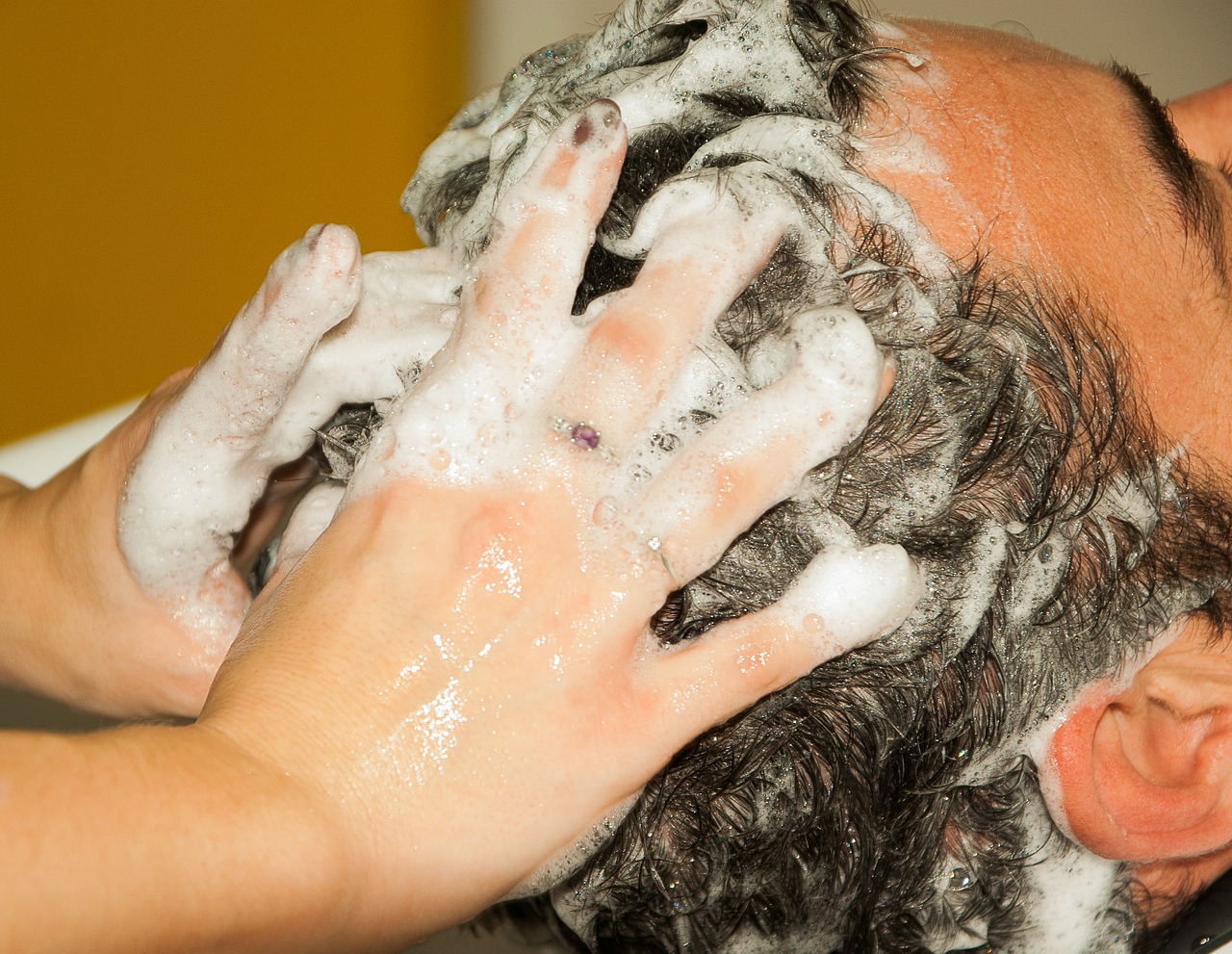
As long as you don’t color your hair (dish soap can lighten it a bit), using dish soap is a great alternative to shampoo when you run out.
If your hair is particularly greasy, all you need to do is wash your hair using a bit of dish soap and follow up with your ordinary shampoo if desired.
9. Make a DIY icepack
Any farm is bound to have its share of mishaps and accidents. Instead of investing in expensive icepacks at the store, all you need to do is fill up a sandwich bag with some dish soap.
Close it up and stick it in the freezer. The soap will stay cold for several hours more than water and it can be frozen multiple times. As an added bonus, it will conform to the contours of the places where you need the ice pack to be.
10. Rid yourself of messy paint and grease
If you spent a long day painting the barn and find that every square inch of your skin is covered in paint, don’t despair.
You can easily use a bit of dish soap combined with corn oil to get all that paint off your hands. The two ingredients work together to dissolve paint as well as grease, leaving your skin soft and unblemished.
11. Clean oily concrete floors and driveways
Just as dish soap works as an excellent cleaner for your floors indoors, it works wonders outdoors, too. It’s especially effective on concrete.
You can banish tough oil stains from your driveway or garage floor simply by slathering some baking soda on the spill before covering it in your favorite soap.
Allow it to set in for several hours before scrubbing it with a hard brush.
12. Remove pesky parasites from chicken
Dish soap is often the cleaner of choice after environmental disasters like oil spills. In fact, the International Bird Rescue Research Center claims that Dawn dish soap, in particular, can be used to remove grease from birds’ skin without causing harm to the birds themselves.
Those benefits extend beyond wildlife cleanup, too. Dish soap of all brands can be used to remove parasites from the feathers and skin of your chickens.
13. Use it as a DIY de-icer
As winter lays an icy grip upon your farm, don’t resign yourself to slipping and sliding all over the place until the snow melts. Instead, turn to dish soap.
It sounds counterintuitive – after all, soap is slippery – but dish soap can be used to de-ice icy sidewalks and steps in freezing weather.
All you need to do is mix a teaspoon of dish soap with half a gallon of hot water and a dash of rubbing alcohol.
14. Make a non-toxic weed killer
Getting rid of weeds doesn’t have to come down to a choice between hours spent wedding or using dangerous chemical herbicides.
Instead, you can use dish soap. All you need to do is combine a teaspoon of soap with a gallon of white vinegar and a cup of salt. Pour the mixture as needed onto your weeds – it kills them almost immediately.
15. Clean and maintain garden and farm tools
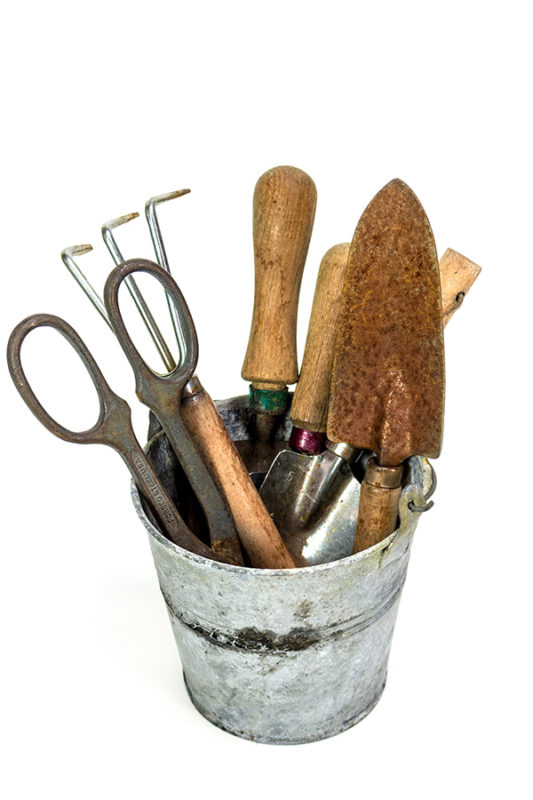
Whether you’re working on an automotive repair job or have some pitchforks you need to clean, dish soap can come to the rescue again.
All you need to do is soak them in dish soap and water before you put them away. Soak overnight and then wipe them down to remove any grime or oil.
This treatment can also help prevent the formation of rust.
16. Use it to kill ants, fleas, fruit flies, and other pests
Are ants driving you nuts? You can easily get rid of them with some dish soap. All you need to do is spritz affected areas with a mixture of dish soap and water before wiping it dry. The soapy residue won’t hurt any pets or children, but it will get rid of the ants.
Dish soap also works at getting rid of fruit flies, cockroaches, spider mites, and other pests, too. For fruit flies, mix a bit of soap into an open container of white vinegar and let it sit on the counter.
The vinegar will attract the flies and encourage them to fly into the bowl. The soap, on the other hand, will prevent them from escaping. For all other pests, just whip up a dish soap spray and use it as needed.
17. Protect your houseplants from gnats
If you decide to grow any plants indoors this year, make sure you have ample dish soap on hand. There are tons of pests that like to hang out on houseplants – particularly gnats.
You can repel them by putting a bit of dish soap into a spray bottle. Fill the rest of the bottle with some water, and mist your houseplants with the soapy mixture once a week or so.
18. Safely clean the duck pond
Any kind of artificial pond can be cleaned with dish soap. If you use a plastic pond or a pond with a liner, these get particularly grimy with algae and other buildups. All you need to do is drain the water (if possible) and scrub the interior with dish soap and a sponge.
This is the best kind of cleaner to use. Not only will it get the pond clean, but it also won’t cause harm to your ducks or result in the degradation of the pond’s building materials.
Harsher chemicals, like bleach, are toxic to most creatures. In addition, they can cause the plastic or liner of your pool to dry out and crack.
19. Treat Poison Ivy stings
If you spend any amount of time outdoors, you likely already know the frustrations that poison ivy can present. It spreads rapidly. If you find it on one area of your body, you are likely to find it elsewhere, too.
You can prevent the spread of the blisters by washing the affected area with dish soap. It will prevent you from scratching and tearing the blisters open and will also stop them from spreading.
20. Remove pesky aphids from fruit trees
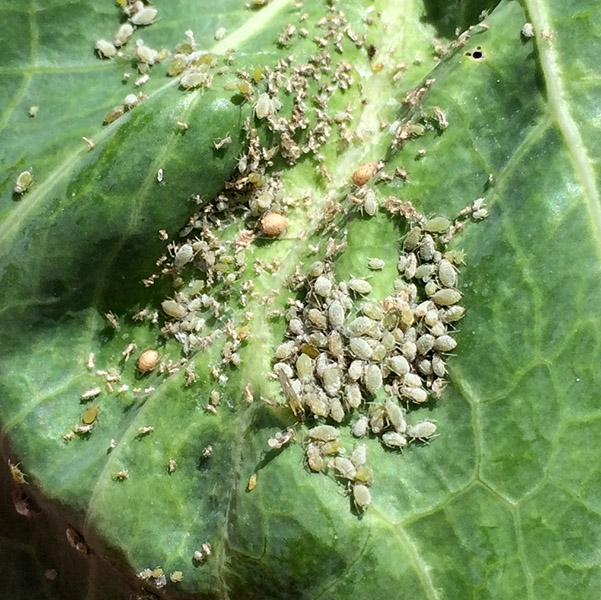
Growing your own fruit trees is a great way to fill your homestead pantry with delicious preserves, jams, and fresh fruits. However, aphids can make the process of growing fruit trees a living nightmare.
Get rid of them for good. All you have to do is put two tablespoons of dish soap into a gallon of water before spraying the mixture onto your trees.
For this remedy to work, you will want to make sure you get all parts of the tree. This includes both sides of the branches, leaves, and even the trunks. Make sure you rinse everything thoroughly afterward, too.
How to Make Your Own Dish Soap
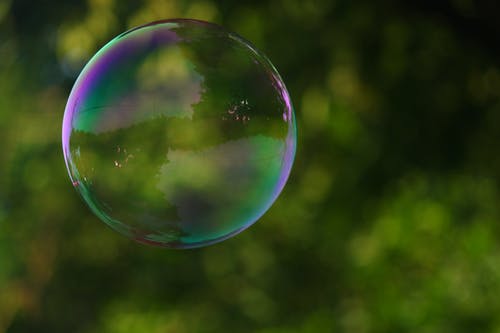
Making your own dish soap is a great way to ensure that you always have some on hand for these clever dish soap uses.
If you are new to soapmaking, there are some easy recipes you can follow here. Some can even be used in your dishwasher. Best yet, they contain natural ingredients like water, baking soda, and simple castile soap. Consider giving it a go!
Whether you choose to make your own dish soap or pick up your favorite scent of Dawn at the store, there are plenty of ways you can use dish soap around your homestead.
It will save you both time and money. Plus, you’ll enjoy peace of mind when you realize you don’t have to rely on toxic chemical cleaners anymore.
